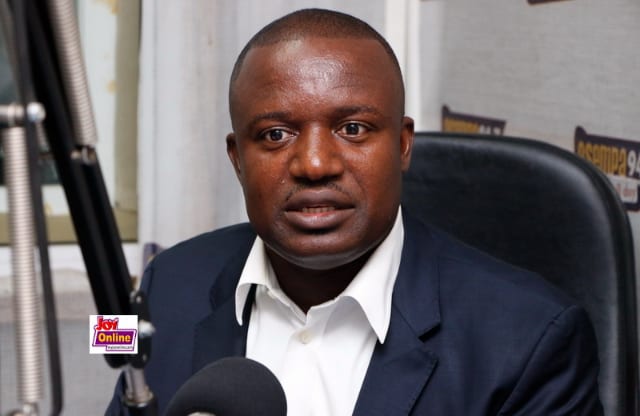The Minority in Parliament has questioned the Public Utilities Regulatory Commission (PURC)’s methodology for the recent tariff adjustments.
The Caucus is of the view that, PURC used wrong computations in its calculations.
In a press statement issued and signed by the Ranking Member on Parliament’s Energy and Mines Committee, John Abdulai Jinapor, on Friday, January 20, the NDC MPs said they oppose the increments.
According to them, the Commission is using an unorthodox method to help the government meet its IMF conditionalities in the energy sector.
They assured that they will resist the increment fiercely to ensure consumers are protected.
“From the available data, all the 3 hydro dams have witnessed very high elevations at the beginning of 2023 and are therefore in better positions to produce more hydro electricity compared to the previous years.
“We are confident of hydro generating not less than 35% based on the Energy Commission’s projections. We therefore reject the 26% Hydro mix used in computing the recent tarrif adjustments.
“By this statement, the Minority demands of the PURC to refrain from such unorthodox methods, which, by all intents and purposes, is a back door approach to meet the IMF conditionalities in the energy sector.”
PURC has increased electricity and water tariffs by 29.96% and 8.3% respectively.
The new rates take effect from February 1, 2023.
This follows the conclusion of its regulatory process for the quarterly adjustment of utility tariffs covering the first quarter of 2023.
The Commission said the process is in conformity with the Quarterly Tariff Review Mechanism and Guidelines as communicated in the Commission’s August, 2022 major tariff review decision.
This was contained in a press release issued in Accra on Monday, January 16.
However, following the announcement, some CSOs and consumers have taken them on.
For instance, the Institute for Energy Security (IES) has questioned the assumption used in establishing the new electricity tariffs.
The IES said the assumption used by the PURC on the electricity generation mix of 26.11% hydro and 73.89% thermal as baseless, stating “that assumption amounts to giving priority to thermal power generation over hydro, given that water elevations for Bui and Akosombo generating stations (GS) have improved, and capable of producing close to 38% of power in 2023, in IES’ estimation”.
“Although the IES has anticipated that the average electricity end-user tariff (GH₵/kWh) covering residential, non-residential and special load tariff electricity consumers would see an increase within the year, the expected increase in tariff was anticipated to be marginal should more of hydro-electric power be produced from the generation mix”.
Latest Stories
-
2024/25 Ghana League: Bechem United shock Chelsea in Berekum
43 mins -
GPL 2024/25: Nations FC beat Asante Kotoko to go top
43 mins -
GPL 2024/2025: Gold Stars drop to 2nd after 2-0 defeat to Medeama
49 mins -
#GPL 2024/25: Hearts pip Karela in Tamale to move into top 4
53 mins -
Feedback from Klopp, others more valuable than just anybody – Otto Addo to critics
1 hour -
Support us if you want to qualify for the World Cup – Otto Addo to Ghanaians
2 hours -
Defective ballot papers for Ahafo and Volta Regions destroyed by EC
2 hours -
Election 2024: Be fair and transparent – Togbe Afede to EC
2 hours -
AFCON 2025Q: Poor home form cost us – Otto Addo
2 hours -
Togbe Afede criticises recent Supreme Court rulings as uninspiring and illogical
2 hours -
GPL 2024/2025: Accra Lions remain bottom after draw against Kpando
2 hours -
NDC condemns Dela Edem’s ‘unsavoury and distasteful’ comments about kufuor; issues public apology
2 hours -
‘Let them burn the sea; don’t return if Parliament is recalled’ – Asiedu Nketiah to NDC MPs
3 hours -
Bawumia’s commitment to excellence will ensure Ghana fulfills its potentials – Prof. Etse Sikanku
3 hours -
Ensign Global College marks 10th anniversary with 9th congregation
3 hours

